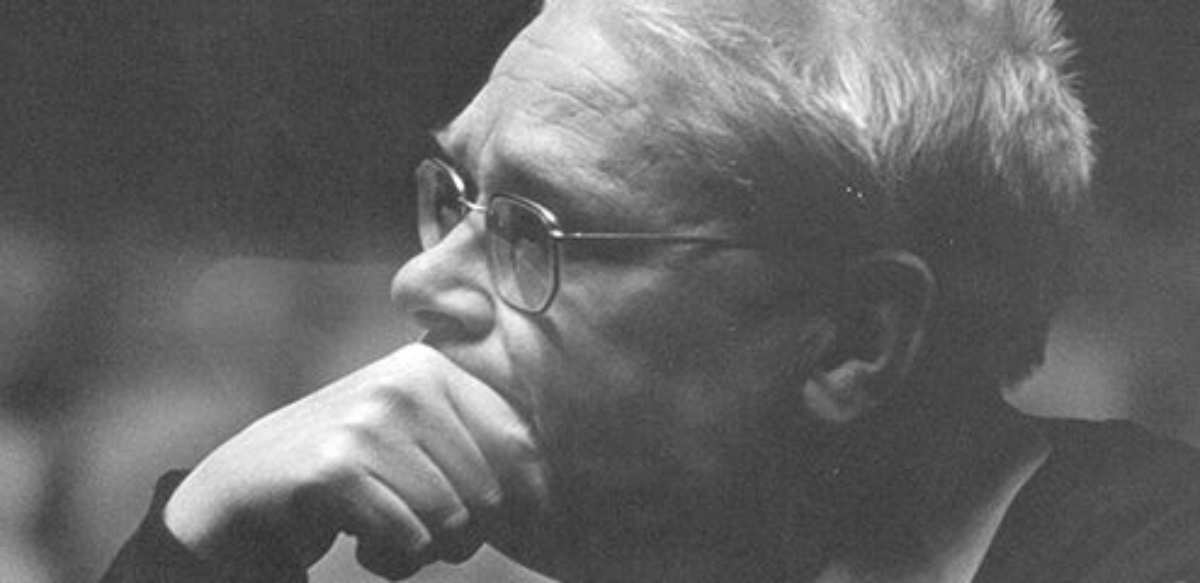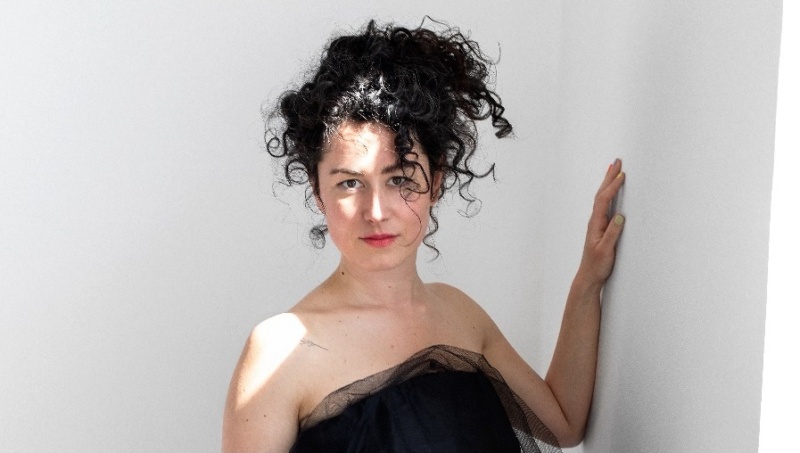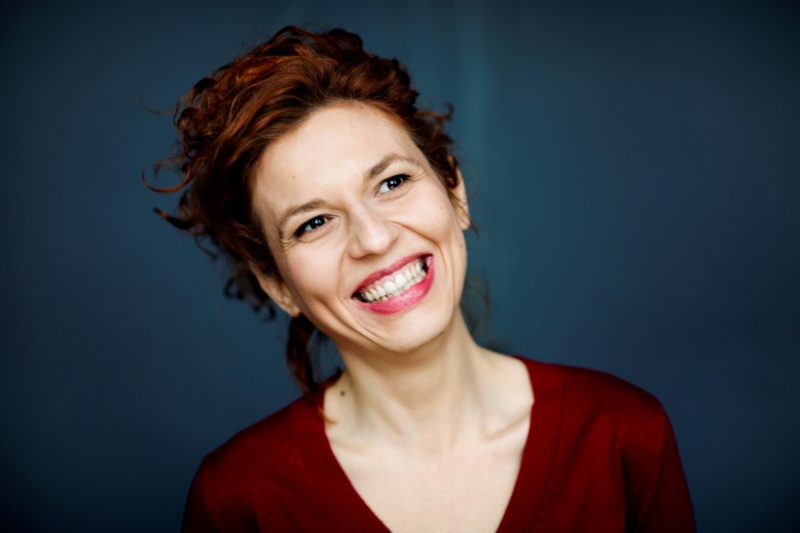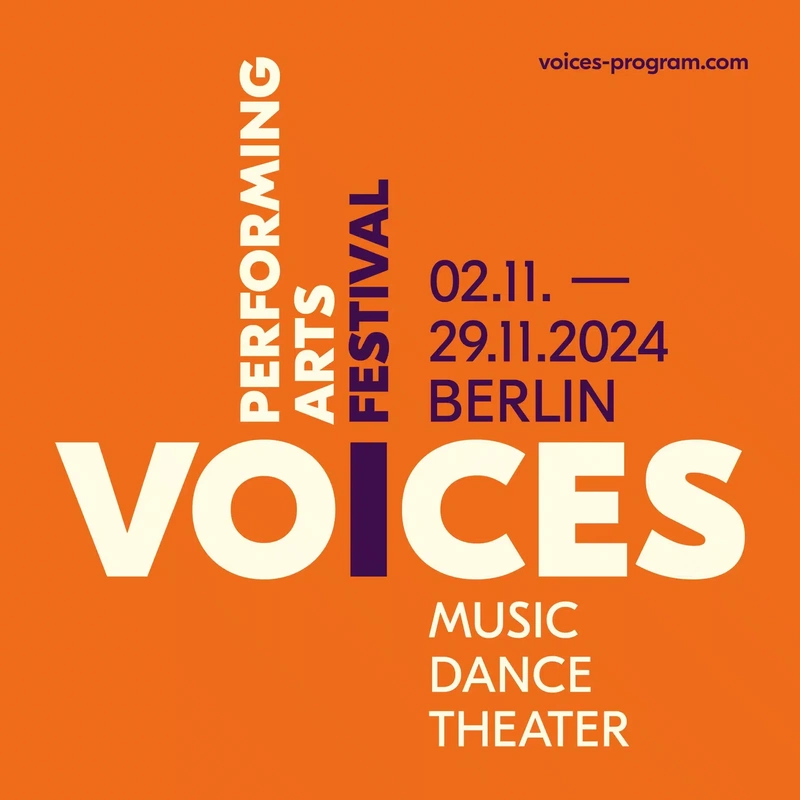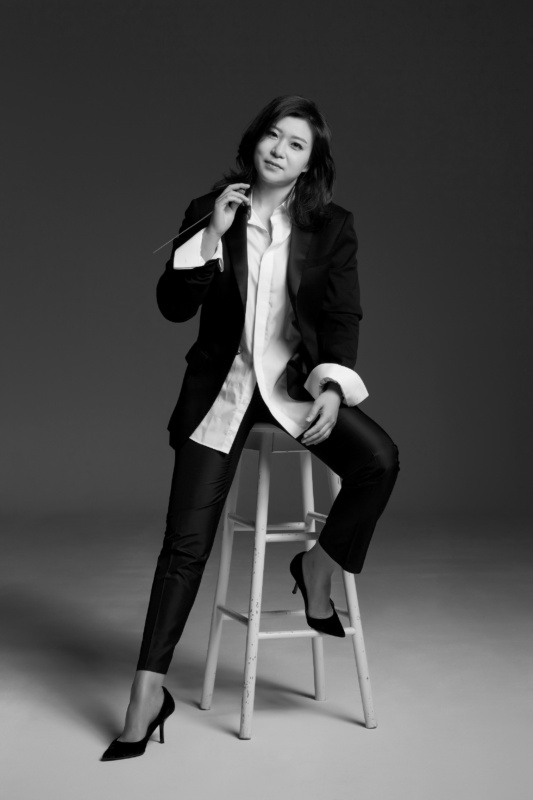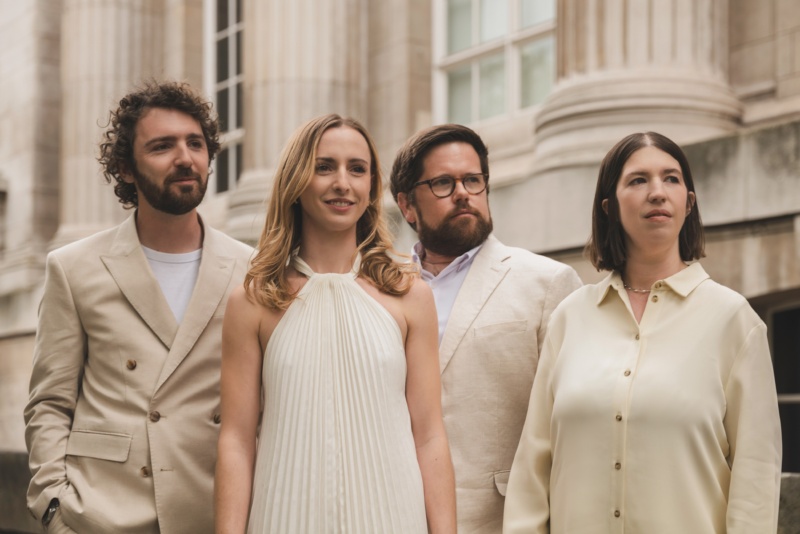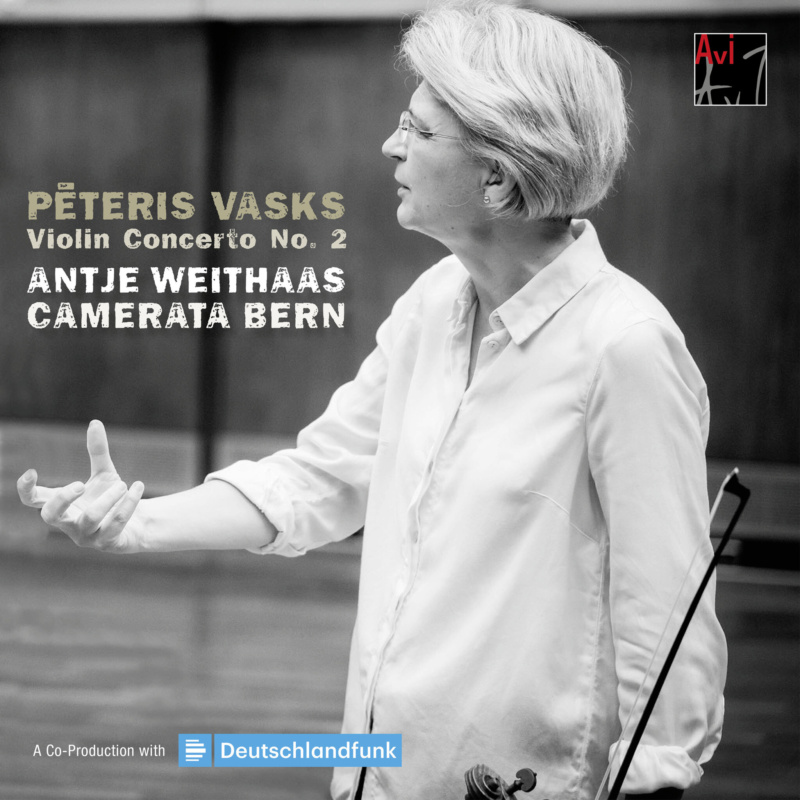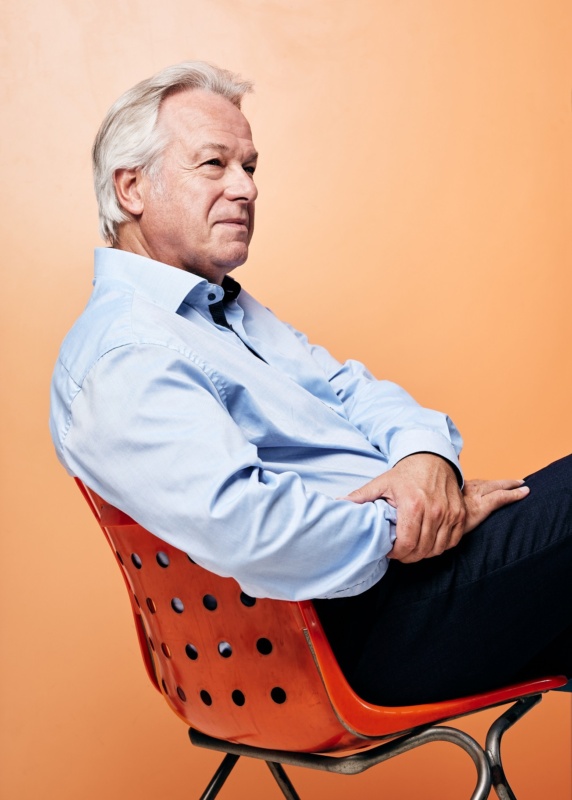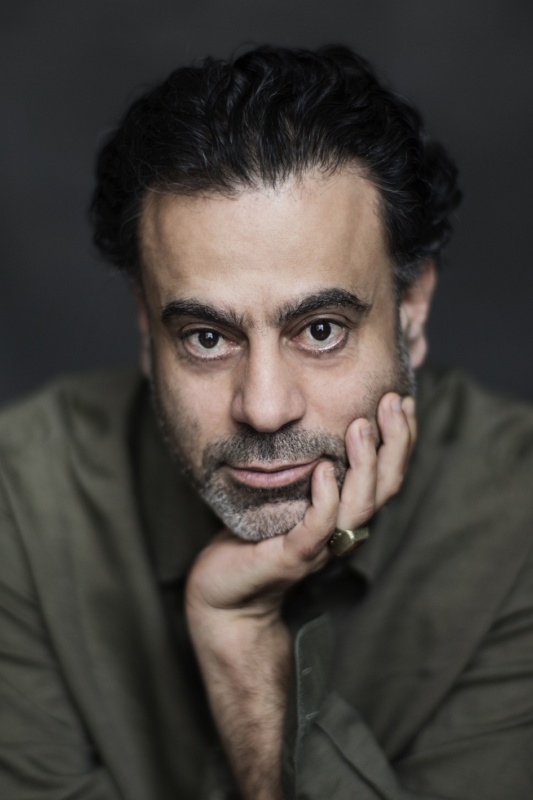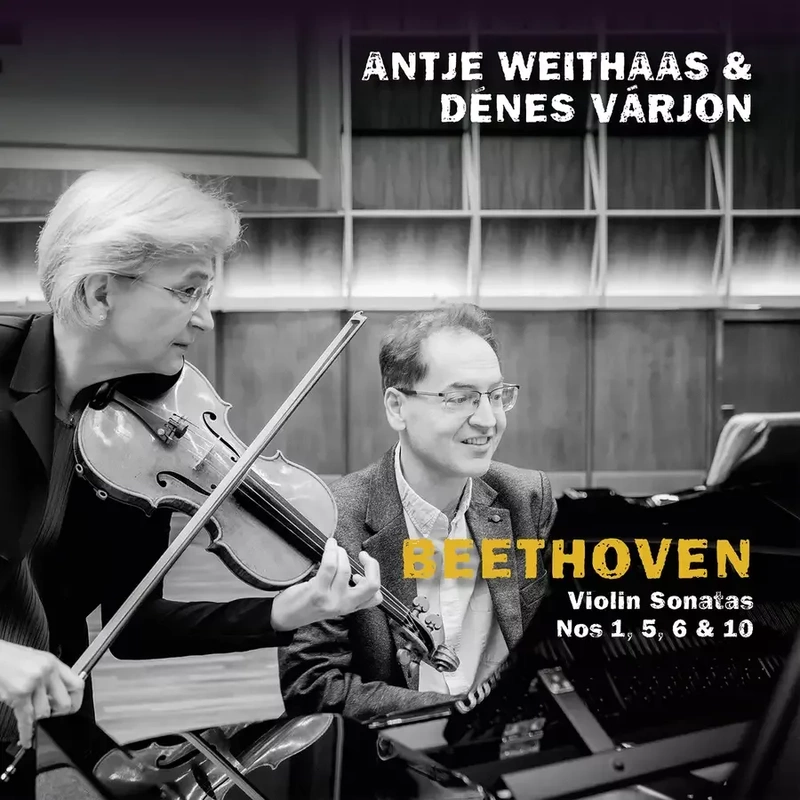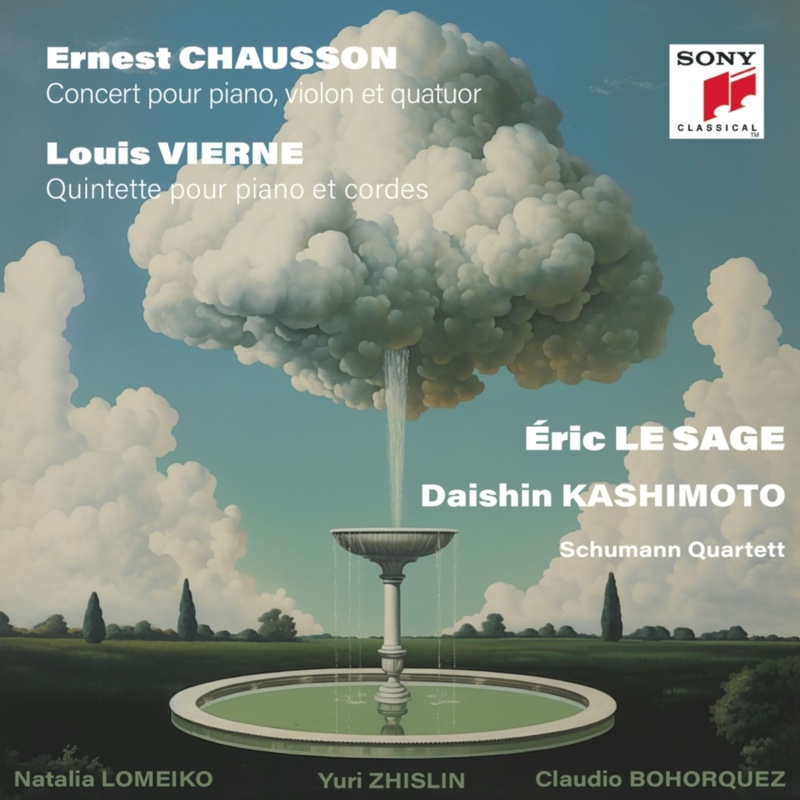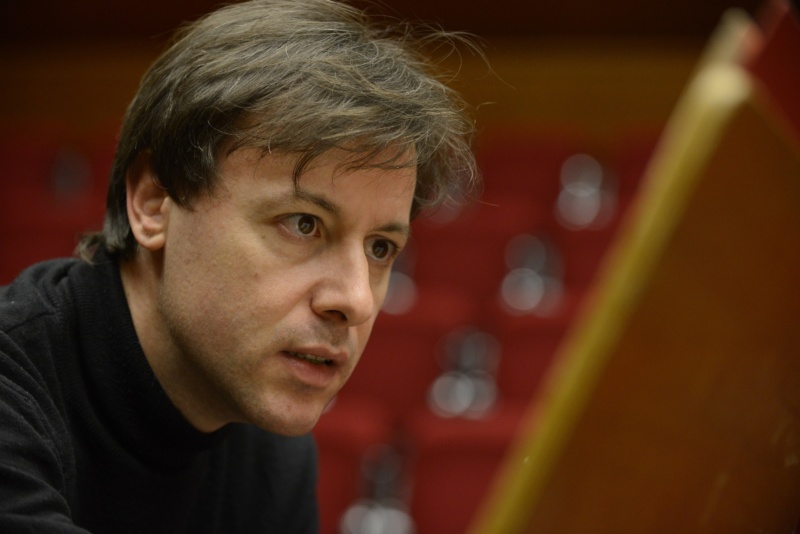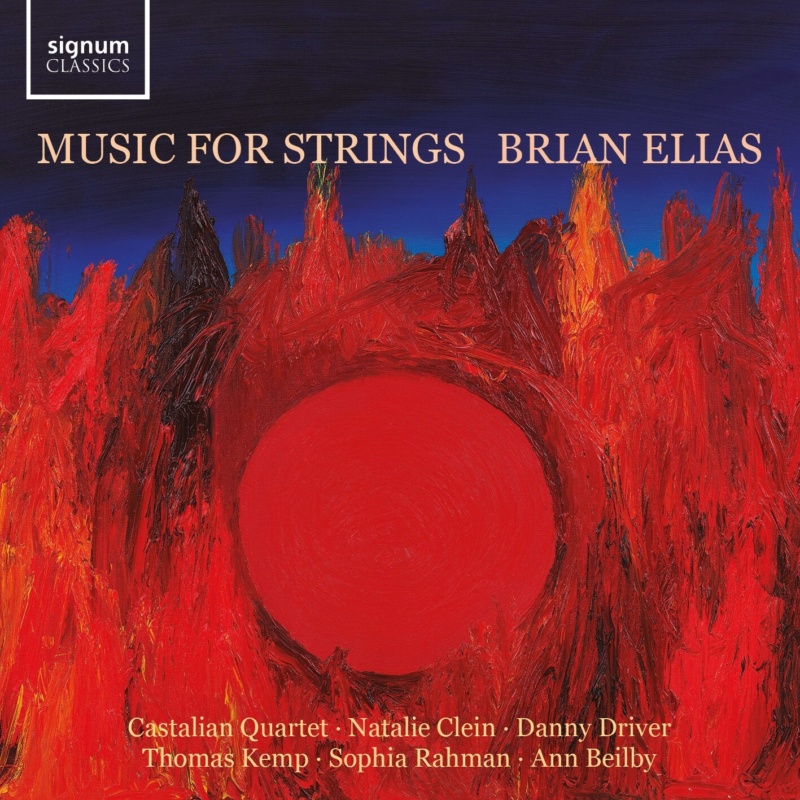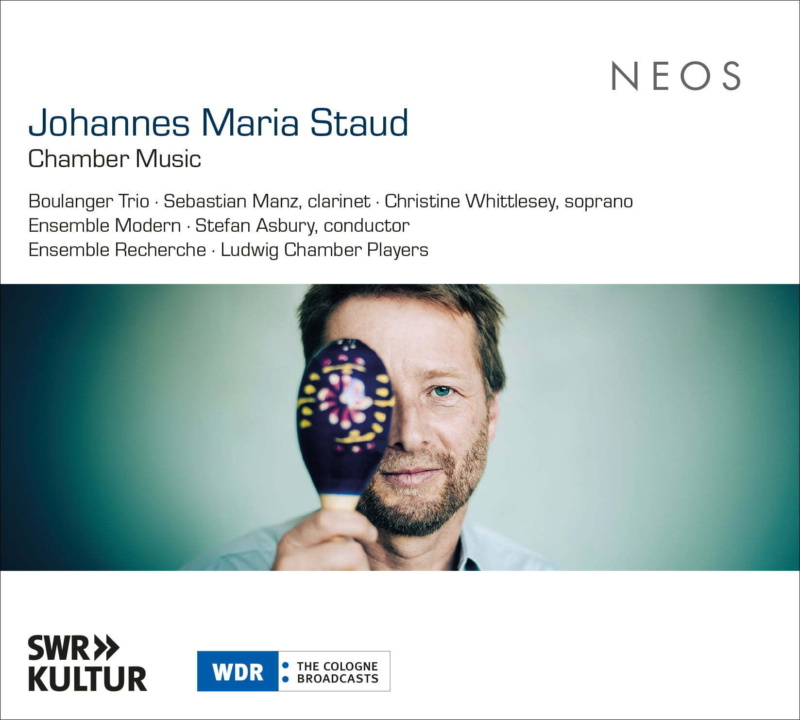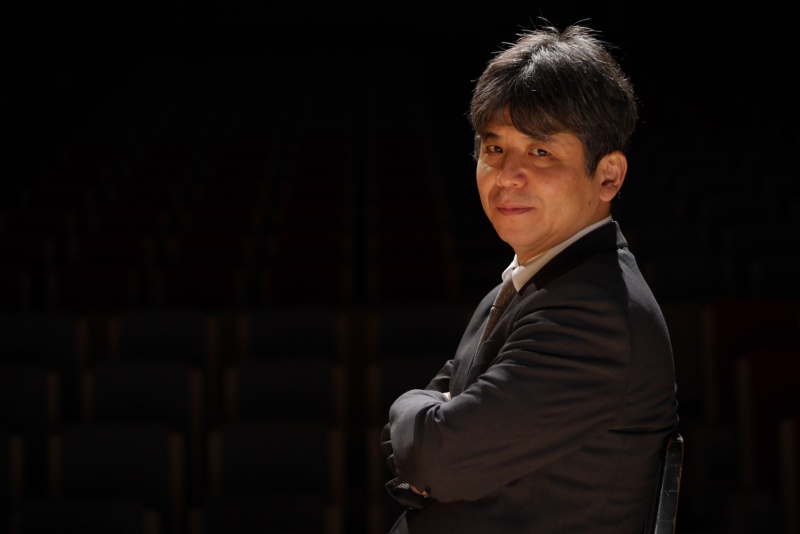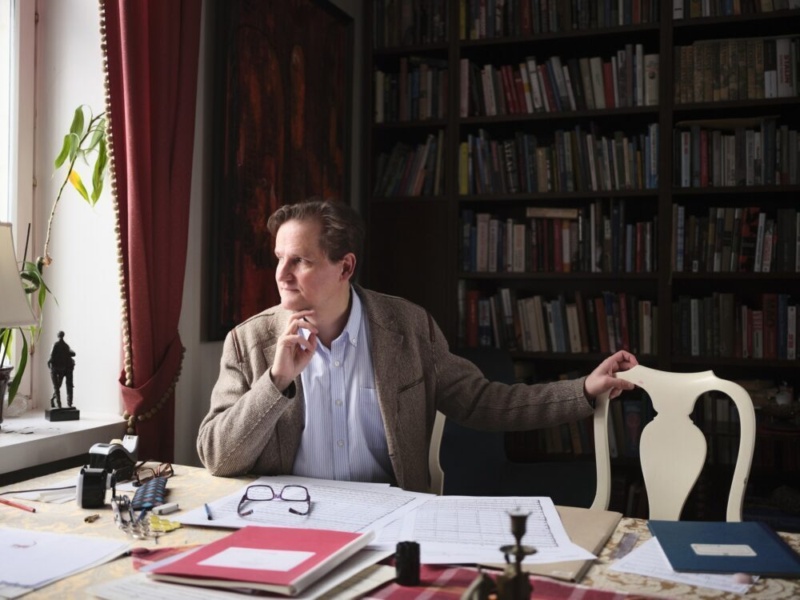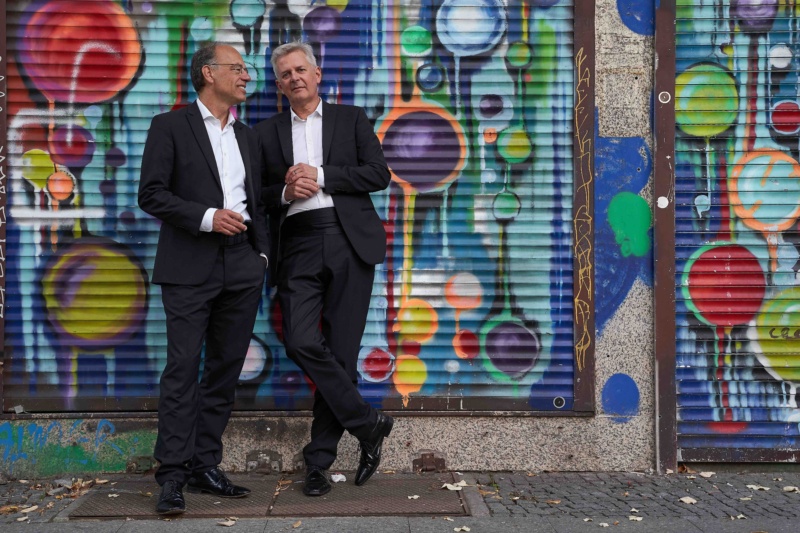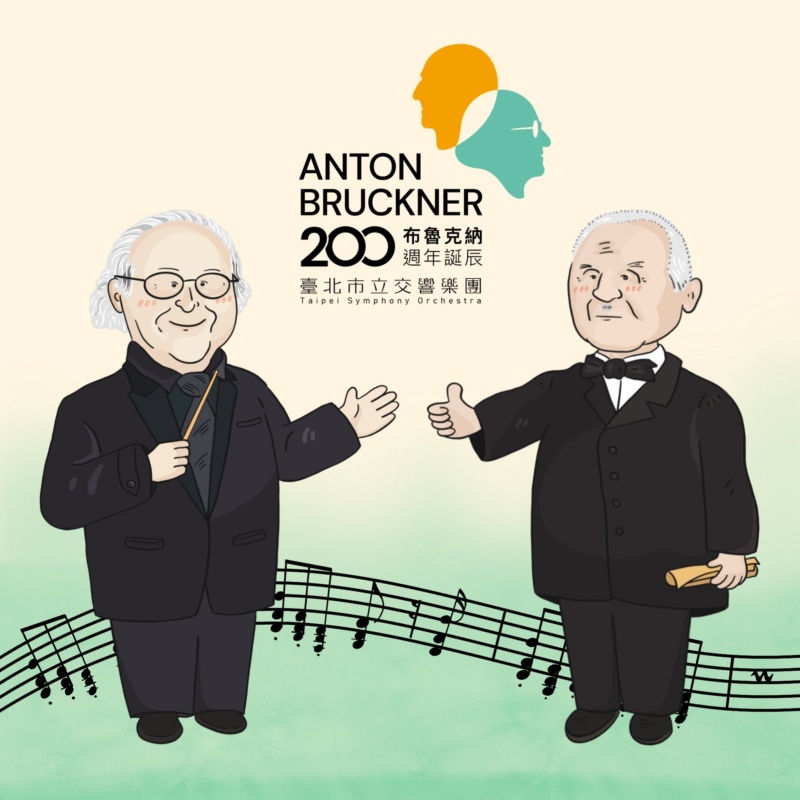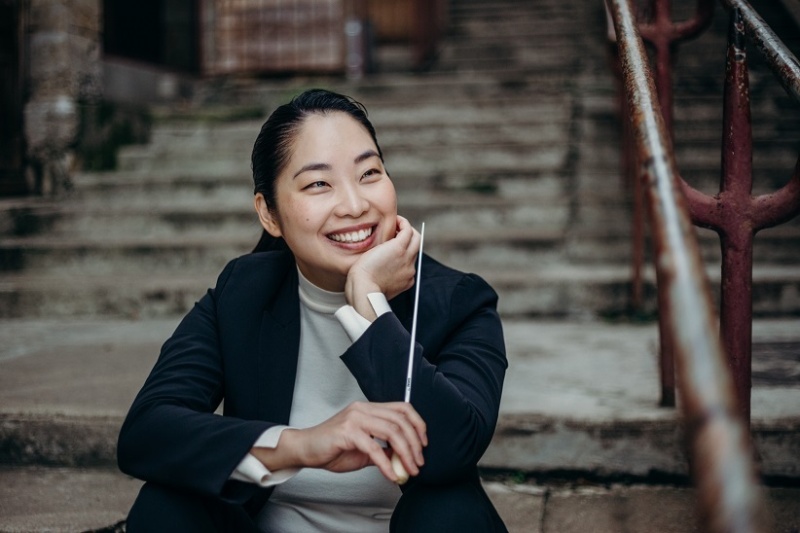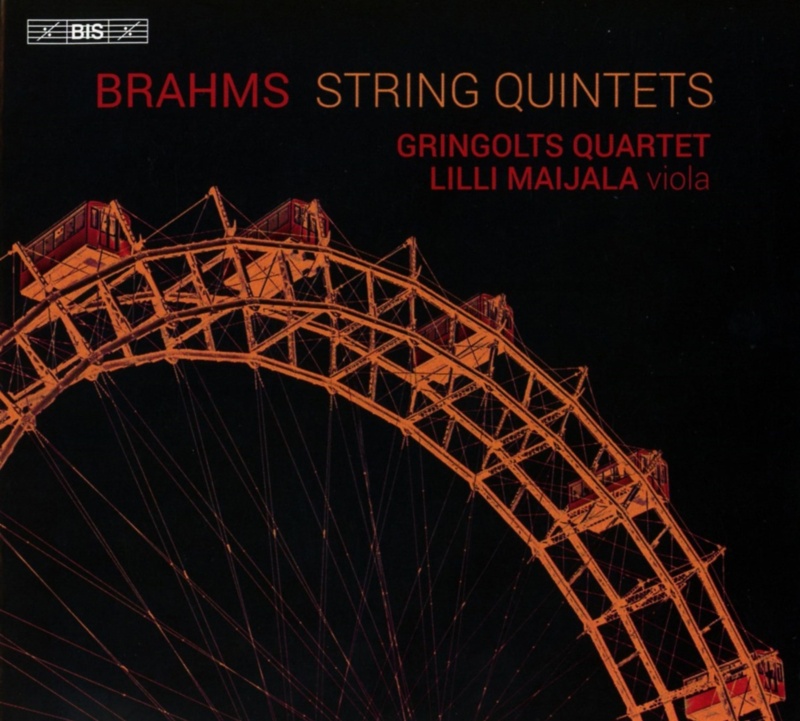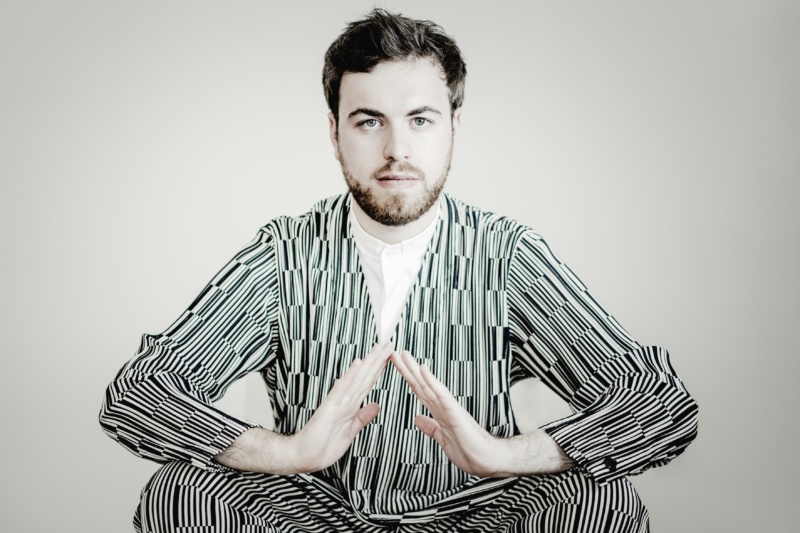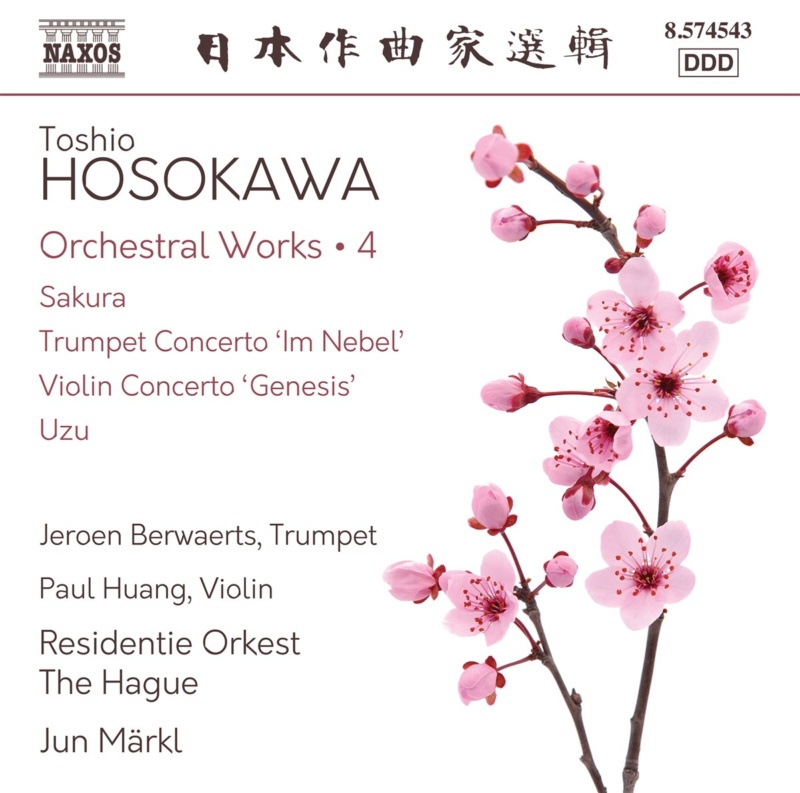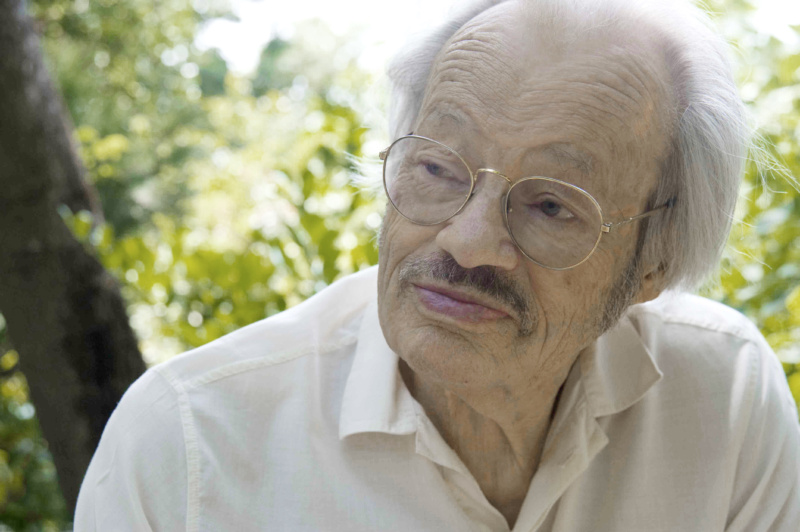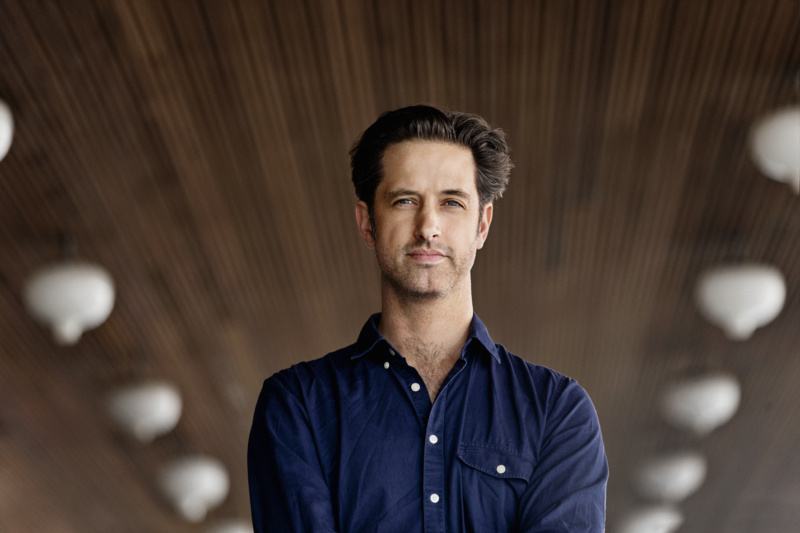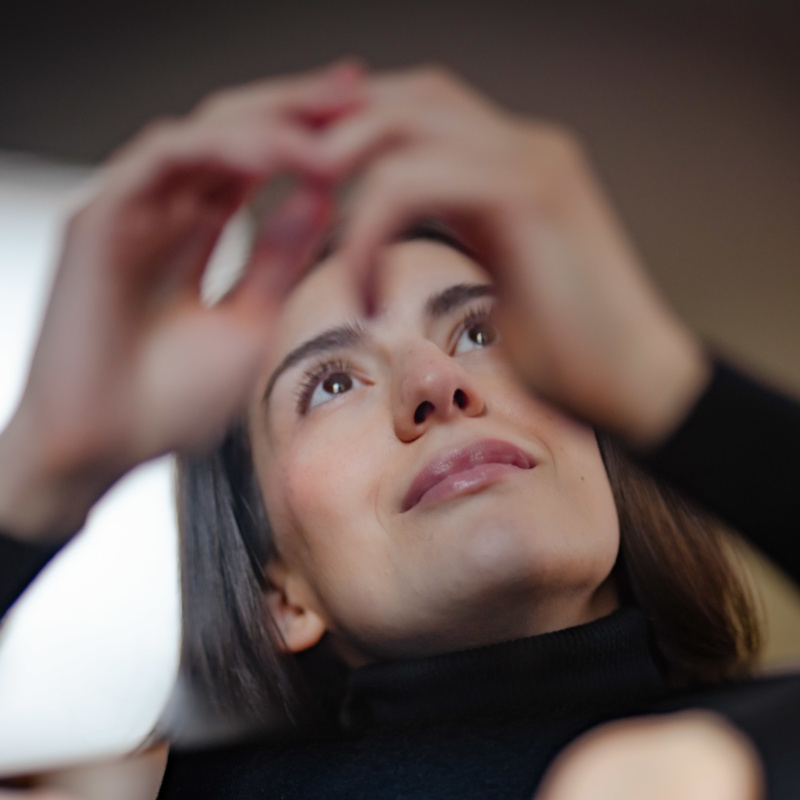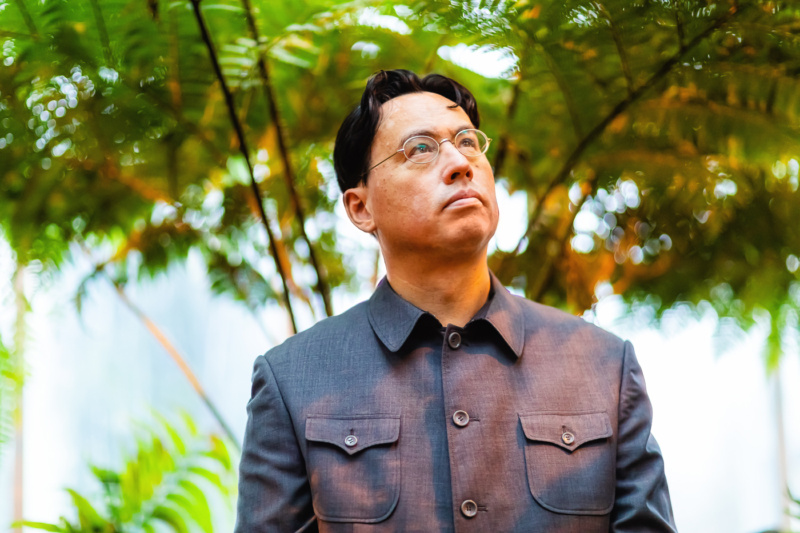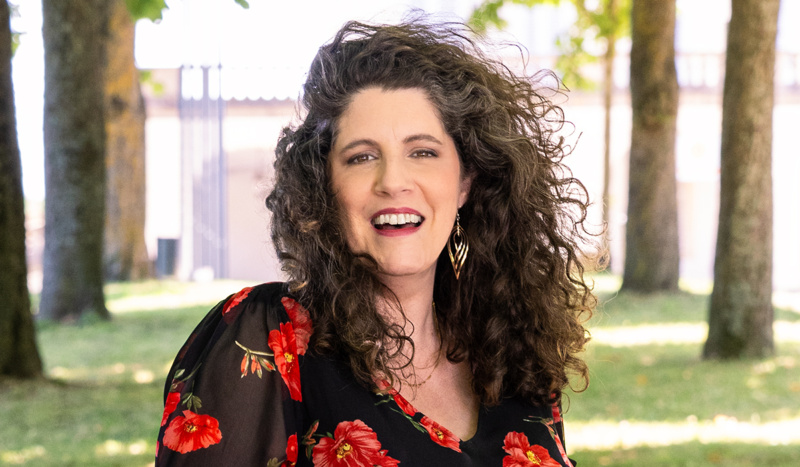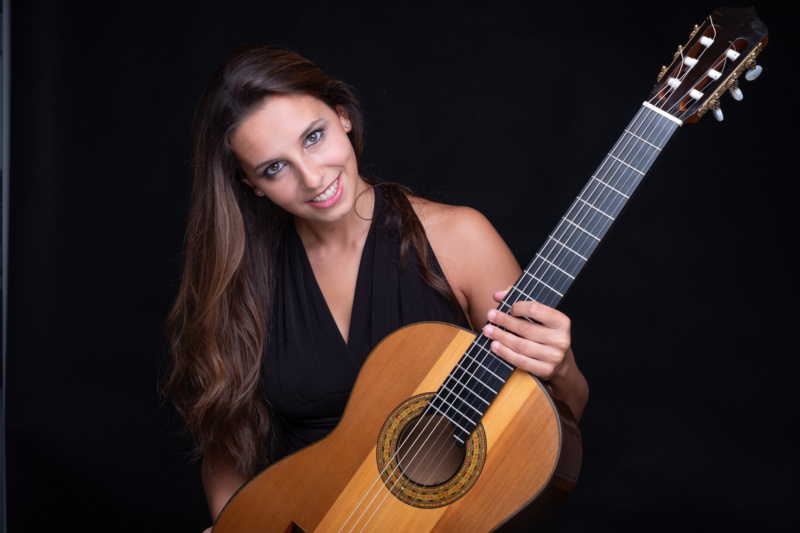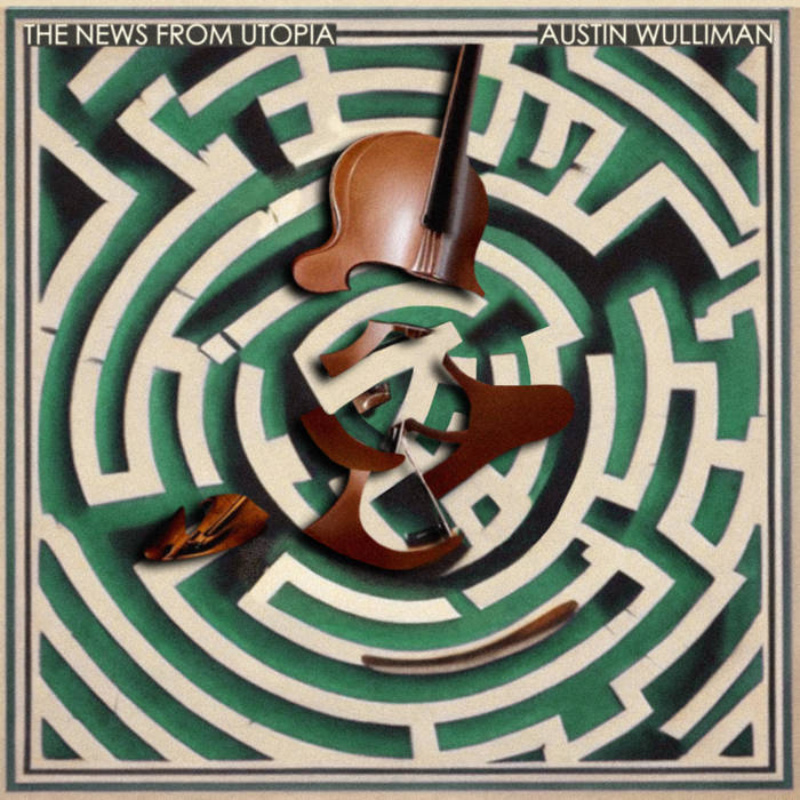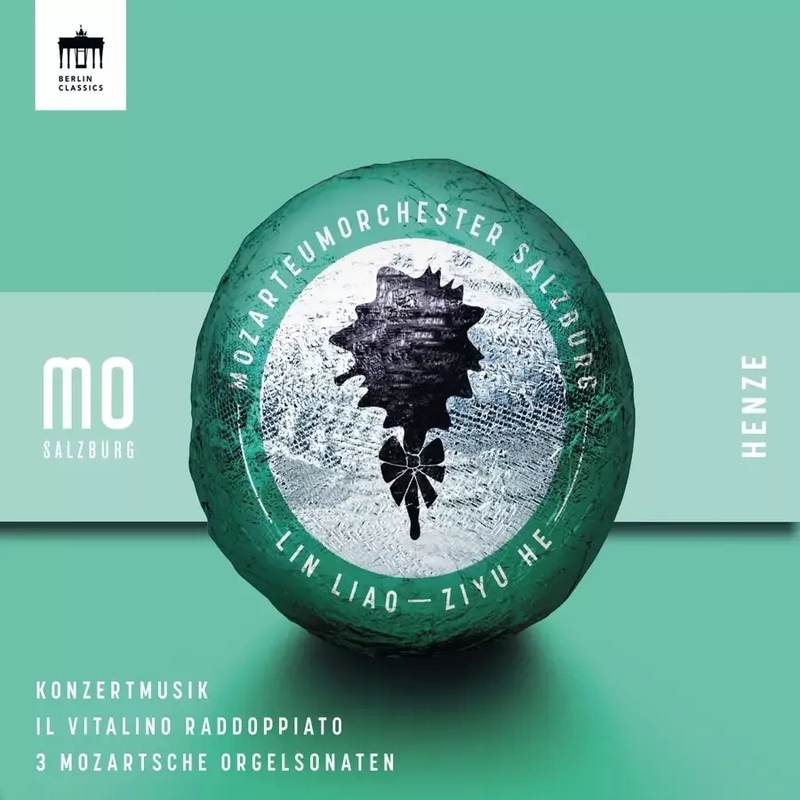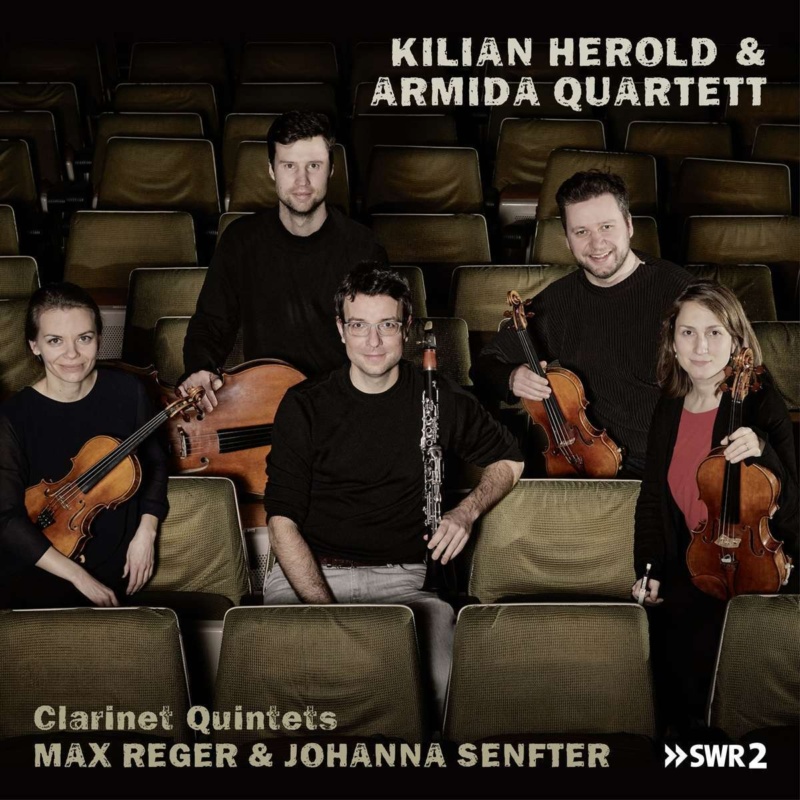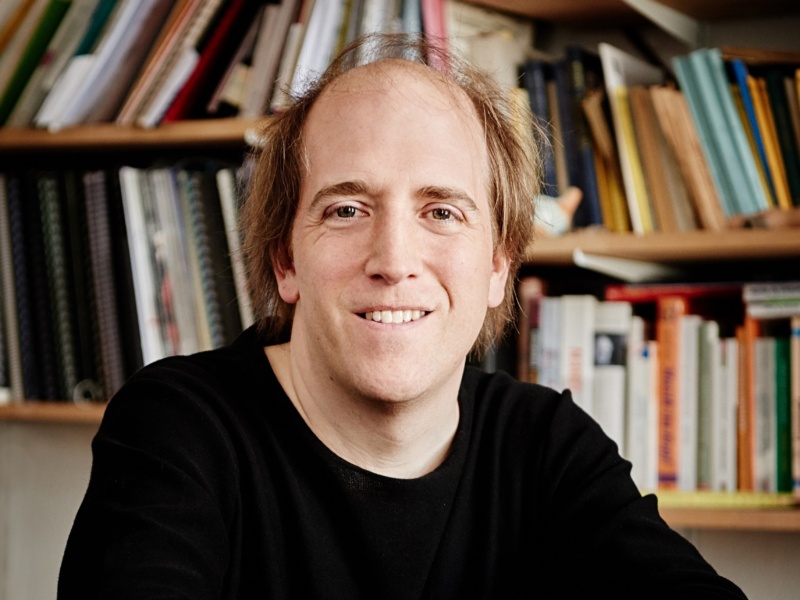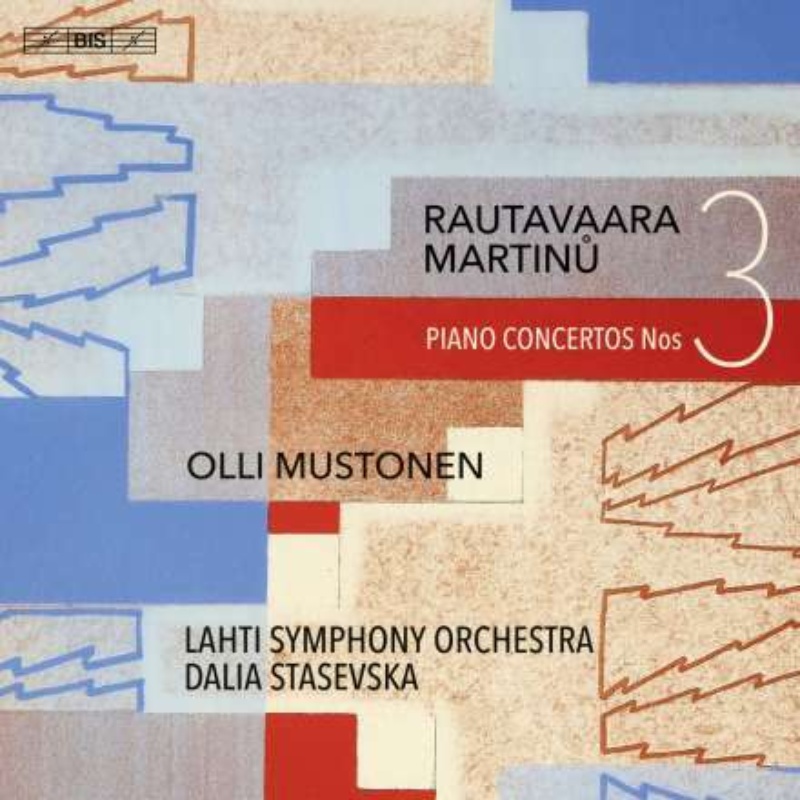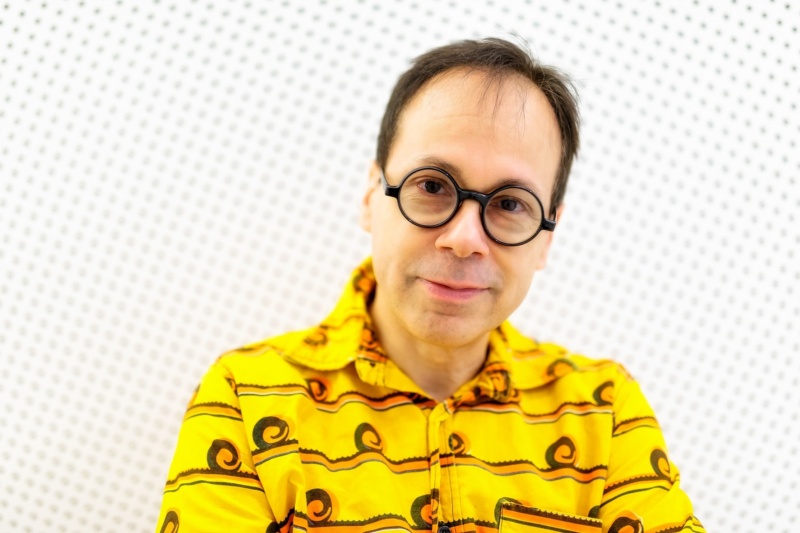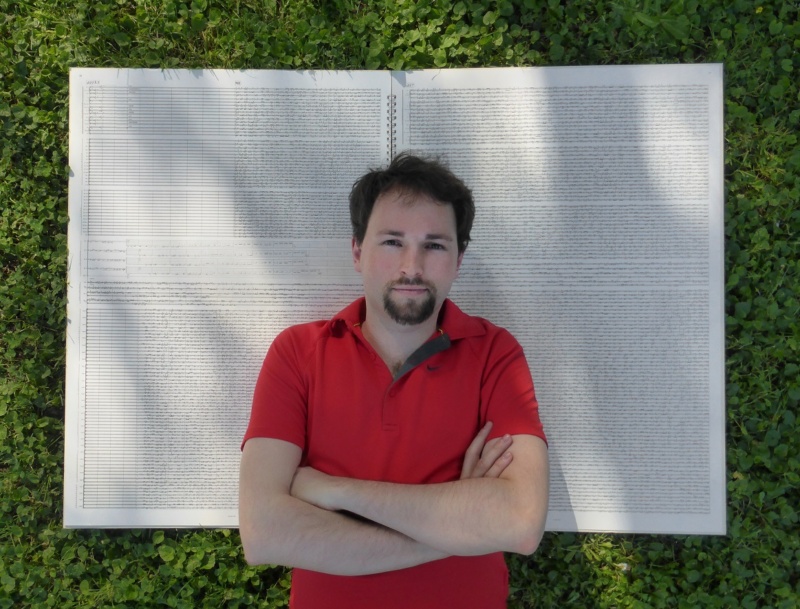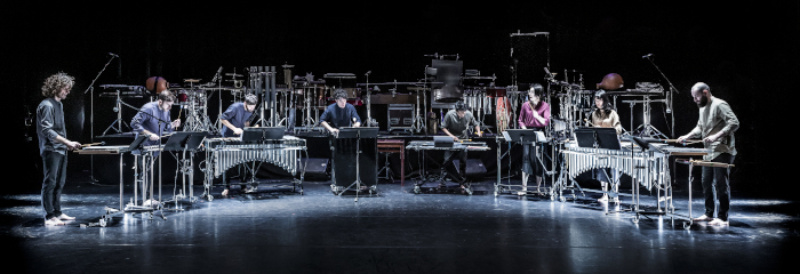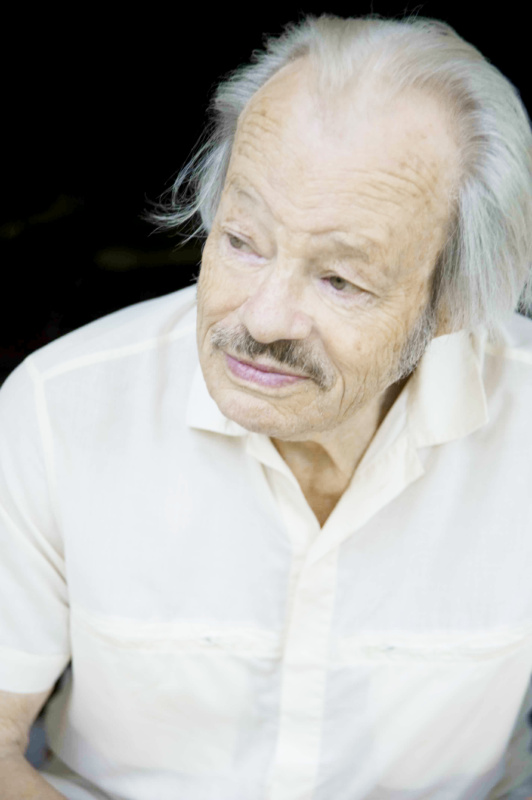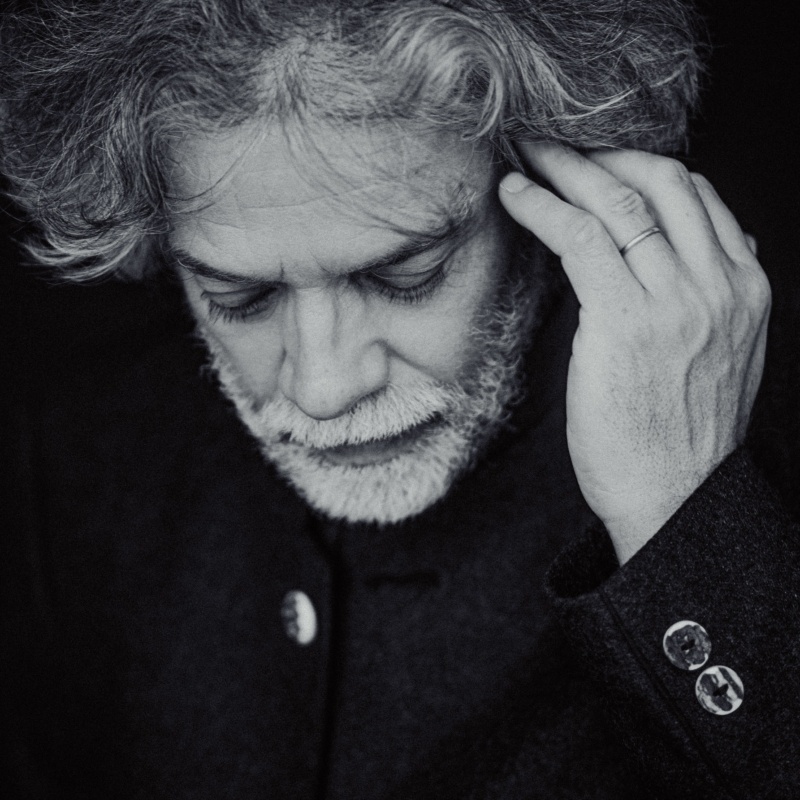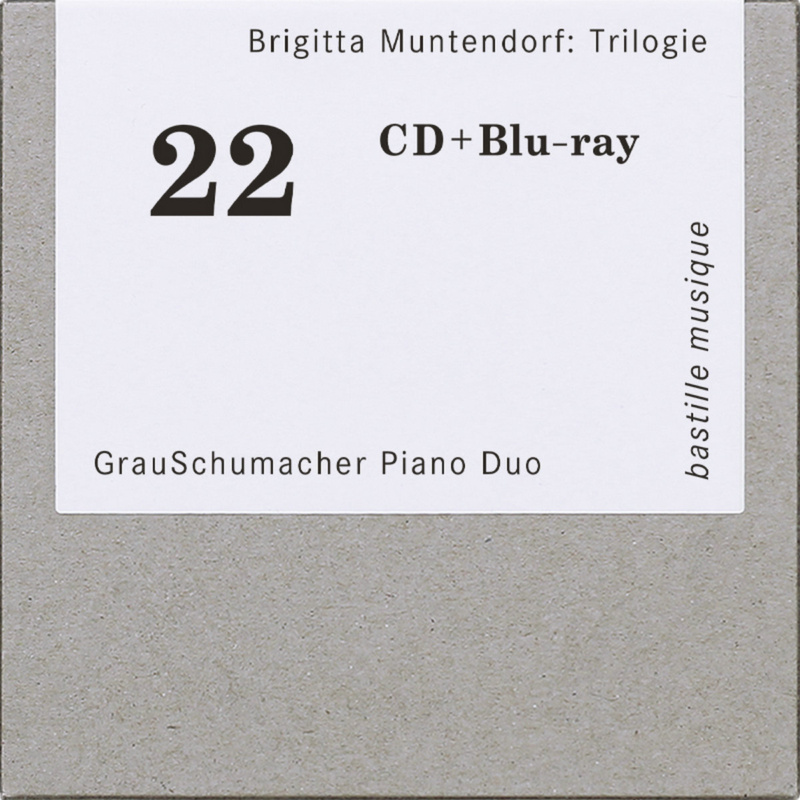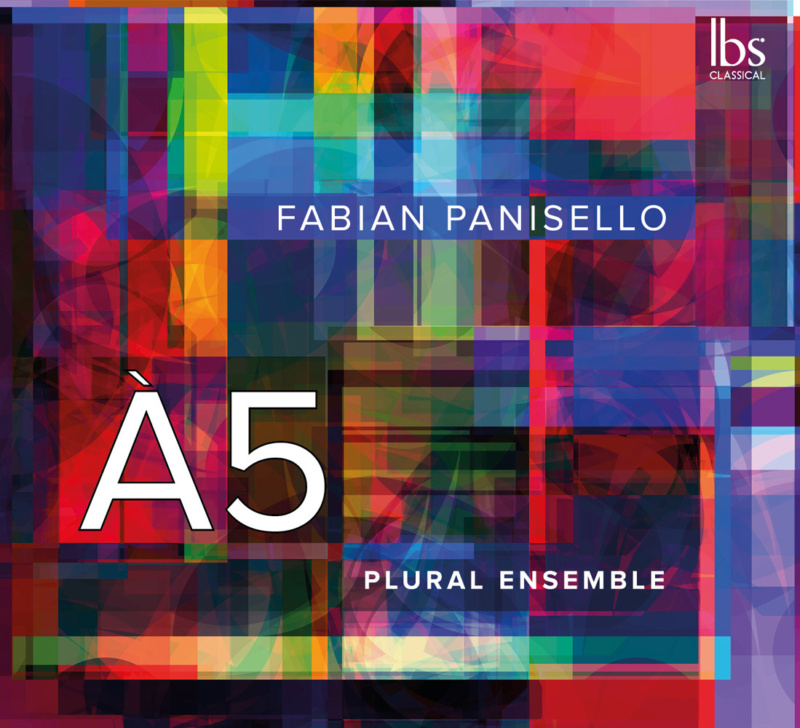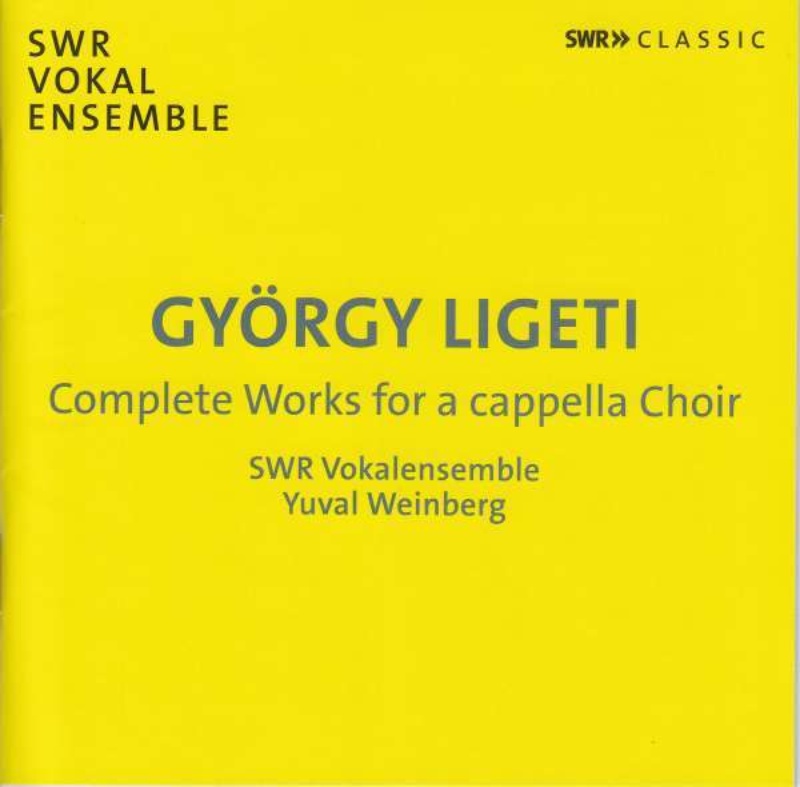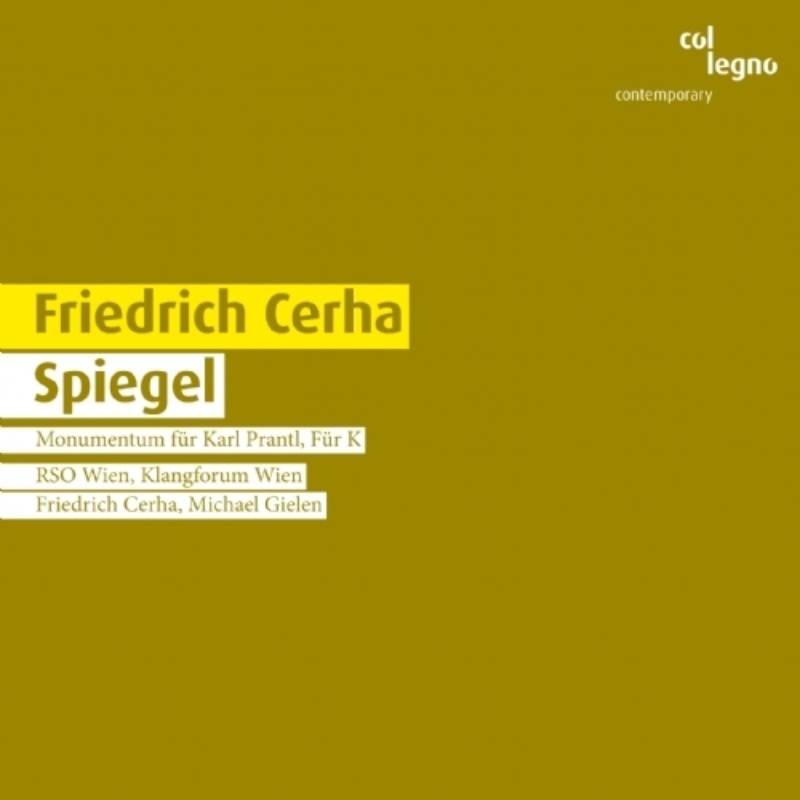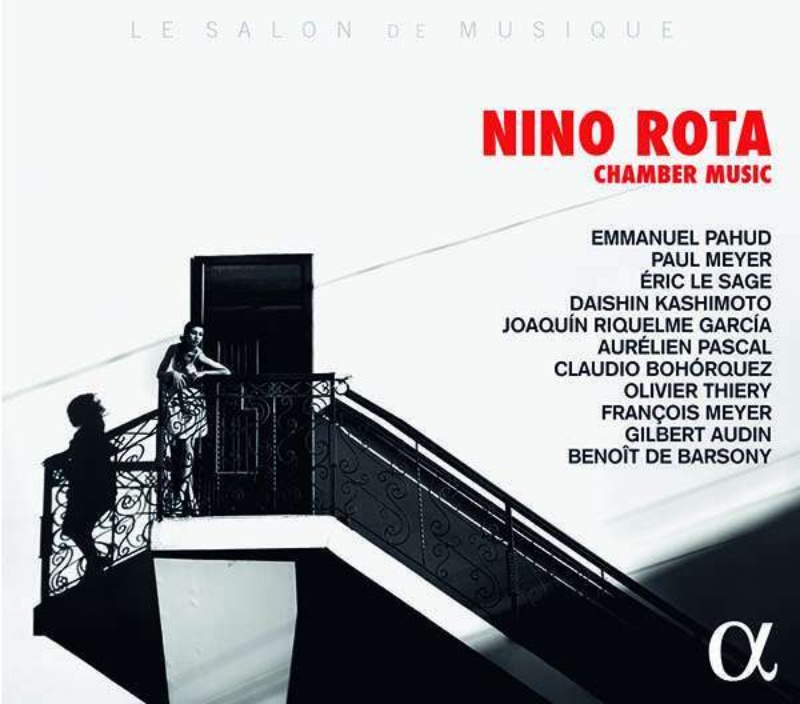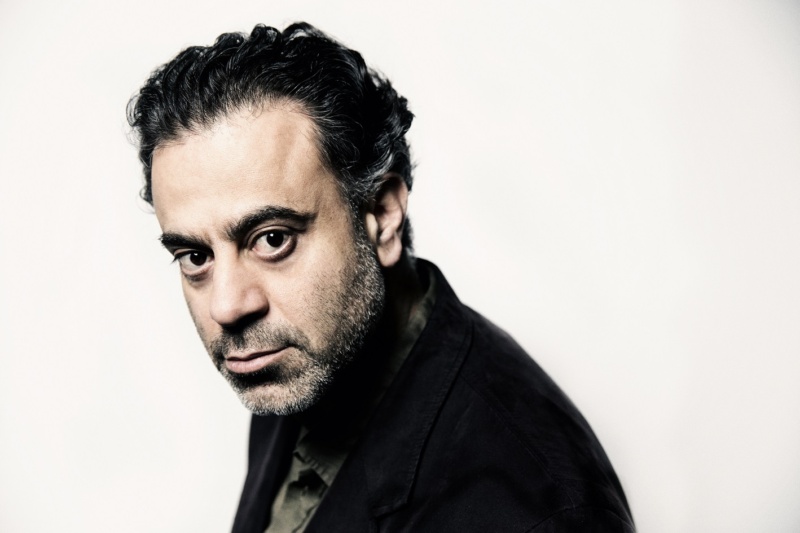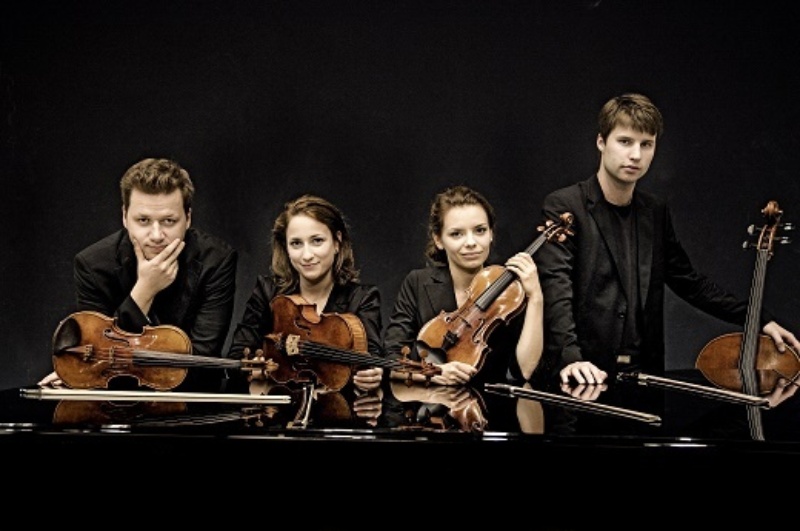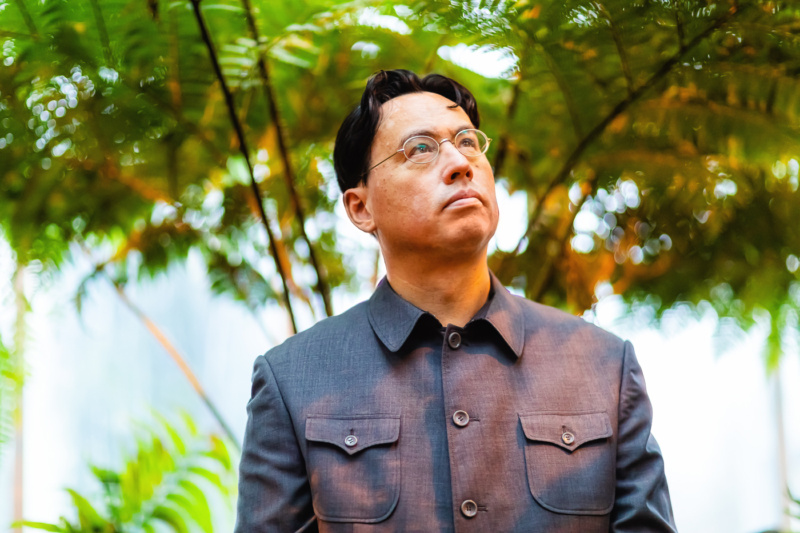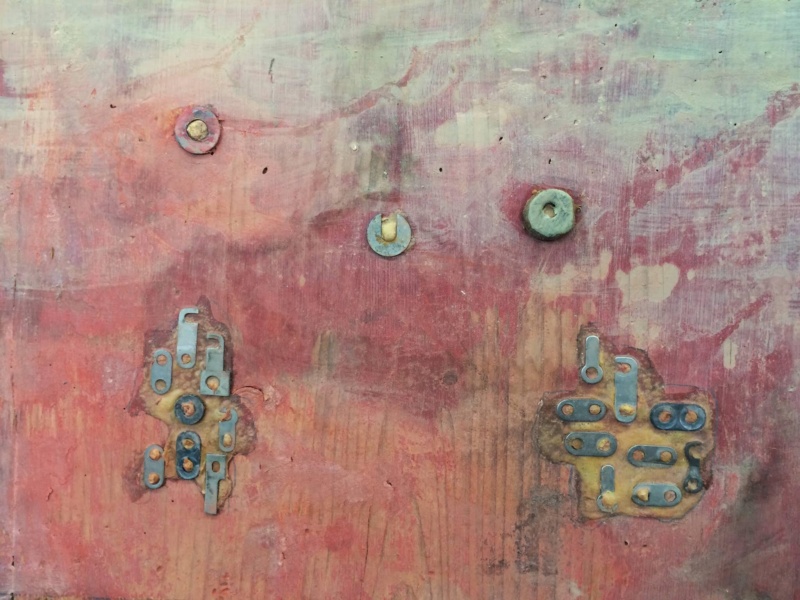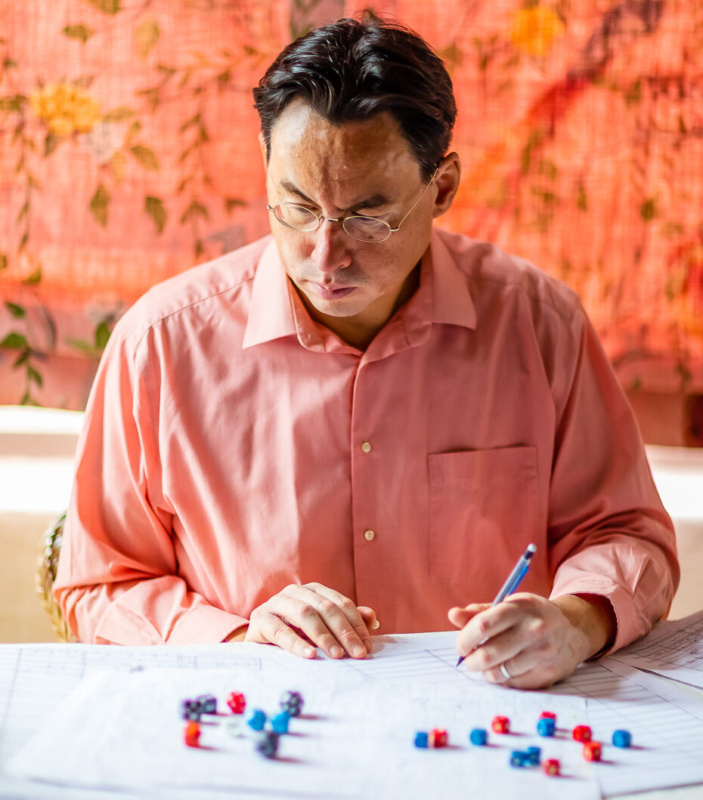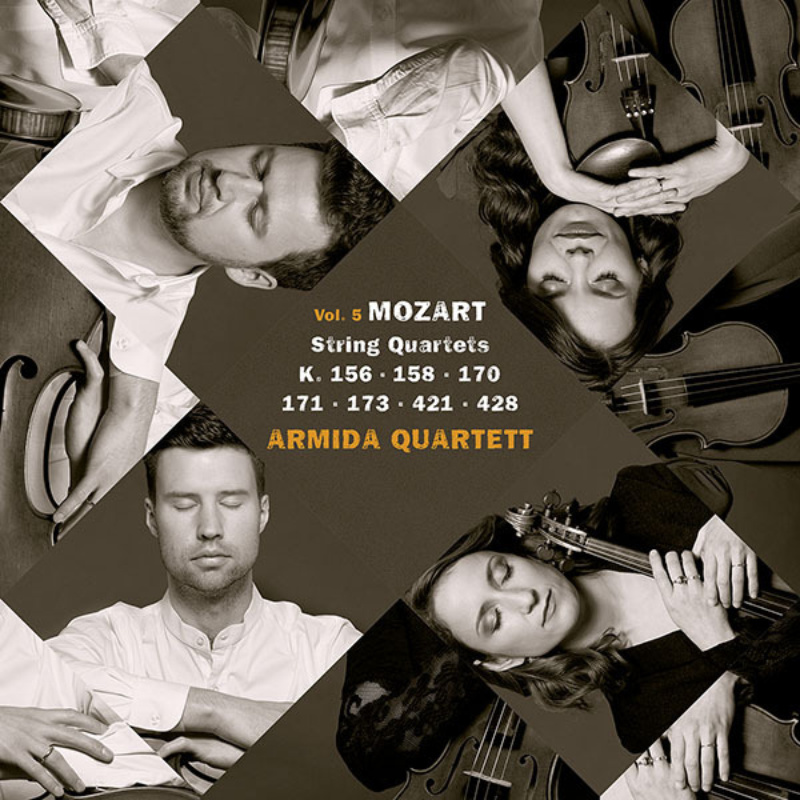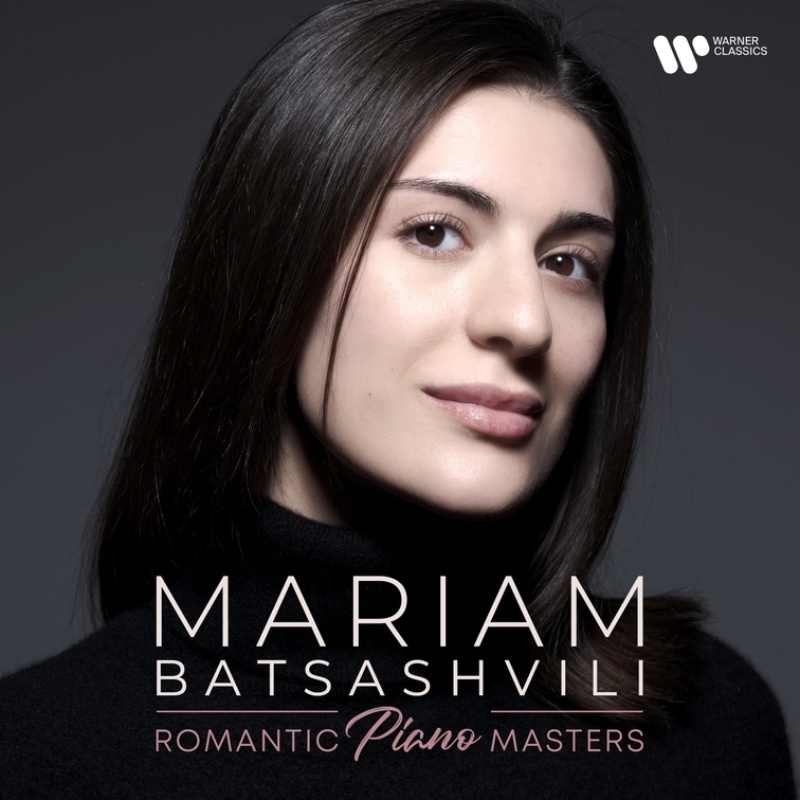My first encounter with Hans Zender – in 1978, when he was conducting the Junge Deutsche Philharmonie – was in many ways a formative experience. He was the first conductor with whom we discussed the "dramaturgy" of our programme; that this made sense was, of course, immediately evident to us, but at that time such an approach was not yet common. For the programme, we opted for Schoenberg’s Op. 16, Brahms’ Double Concerto, and Schoenberg's orchestration of Brahms' Piano Quartet in G minor. The recording of this work became our first LP at Deutsche Grammophon.
Hans Zender was also the first conductor to actively participate in our discussion about the evolution of our work. We already had numerous ensembles, all with their own rehearsal periods and concerts. But now we were broaching new territory: the founding of Ensemble Modern and a chamber orchestra, which would later become Deutsche Kammerphilharmonie. Both would assemble regularly from 1980 onwards. From the start, Hans set a goal for us, a major project which would combine the work of all our ensembles: the complete oeuvre of Anton Webern, spread over ten different concert programs, in celebration of the centenary of his birth in 1983. This project, Opus Anton Webern, was certainly the most ambitious project that the Junge Deutsche Philharmonie has ever undertaken.
Hans was chief conductor of the Rundfunk-Sinfonieorchester Saarbrücken until 1984 and an advocate of many composers whose works were rarely performed: Varèse, Messiaen, Dallapiccola, Nono, Cage, and time and again Bernd Alois Zimmermann along with Isang Yun, Earl Brown, and Giacinto Scelsi. He found a curious audience for his ambitious programmes due not least to the fact that he regularly made himself heard at his concerts and explained and contexualized the music. Hans was not only an unusually cultured and thoughtful person, this also came across with remarkable clarity in the way he carried himself. Even at the last concert I visited together with him in Saarbrücken, the premiere of his Hannya Shin Gyo under Emilio Pomarico in May 2016, you could sense what a loyal and engaged audience he had built there.
In 1985, the members of Ensemble Modern moved to Frankfurt, where their ongoing professional work began. Along with Ernest Bour and Peter Eötvös – Hans' predecessor and successor to the Radio Kamer Orkest of the Netherlands Radio, where he was chief conductor from 1987 to 1990 – he was one of our most important conductors. In 1990, for example, we gave a programme at the Salzburg Festival, featuring works by Kurtág, Webern, Zimmermann, and of course one of his own pieces.
Hans' work as a composer increasingly took centre stage during this period. The outward expression of this shift in focus was the fact that he was appointed professor of composition in Frankfurt, following his time as General Music Director of the Hamburg State Opera (1984-87). For us, this meant an even closer bond. He also participated in the composer seminars of the Ensemble Modern. We got to know his students, including Isabel Mundry, Hanspeter Kyburz, and José María Sánchez-Verdú. And he entrusted the Ensemble Modern with world premieres of his own works: 1989’s Furin no kyo, one of his "Japanese" pieces, which we played countless times, along with some of his "composed interpretations": his instrumentation of Claude Debussy’s Five Préludes (1991), Schubert's "Winterreise" (1993) – which, to his surprise, became one of the most frequently performed contemporary works of our time – and, in 2011, 33 Veränderungen über 33 Veränderungen (his take on Beethoven's Diabelli Variations).
In 1990 we were neighbours for a year in the foothills of the Taunus, overlooking Frankfurt. I had the impression that, in giving up his fixed conducting positions and focussing on composing, Hans had found serenity. Meanwhile, he remained active as a sought-after guest conductor. During my time at the Vienna Konzerthaus he regularly conducted the Ensemble Modern, the Klangforum, the RSO Vienna and later also the SWR Sinfonieorchester Baden-Baden and Freiburg, where he was regular guest conductor from 1999 to 2010.
Whether as conductor, composer, or teacher, Hans was, above all, an important thinker who always led the conversation toward fundamental questions of existence. Happy New Ears: Das Abenteuer, Musik zu hören was the title of his first book, published by Herder in 1991. "Happy New Ears" is also the title of a concert series which he founded with the Ensemble Modern in 1993 at the Frankfurt Opera, in which music is not only performed but also reflected upon. John Cage's famous expression was also used by Hans and his wife Gertrud for a prize that, since 2011, has been awarded every two years by their joint foundation, in cooperation with the Bavarian Academy of Fine Arts, BR-Klassik, and the musica viva concert series. The prize is awarded to one composer and one journalist for their outstanding achievements in new music. It was always clear to Hans that successful listening is not just a matter of the quality of what one hears, but also of how it is being heard.
Throughout his life, in his myriad roles as artist, teacher, or director of an institution, Hans stood up for his convictions. Making music and reflecting on music were inseparable for him. Discussions with him often revolved around philosophical topics, in particular the connections and differences between music and language. As such, it was particularly satisfying for me that two of my philosophy teachers numbered among his interlocutors: in Saarbrücken, the founder of the Dialogical Logic, Kuno Lorenz (with whom I studied philosophy of language in Hamburg) and later Albrecht Wellmer (with whom I studied social theory in Konstanz), whose Versuch über Musik und Sprache was published in 2009. An epistolary exchange with the philosopher is included in Hans' book Waches Hören (Hanser 2014).
In recent years, Hans suffered greatly from his progressive blindness resulting in the inability to compose. Nevertheless, his mental acuity and creativity – and even his matchless ear – were, as ever, fully present. He now turned his focus to studying by computer and to dictating philosophical texts. In 2016, Alber published his book Denken hören – Hören denken. Musik als eine Grunderfahrung des Lebens. In spring 2019, this was followed by Sehen Verstehen SEHEN: Meditationen zu Zen-Kalligraphien (in collaboration with Michael von Brück and published by Herder). And two weeks before his death, his final book with Herder was released, Mehrstimmiges Denken: Versuche zu Musik und Sprache.
Translated from the German by Kathleen Heil
